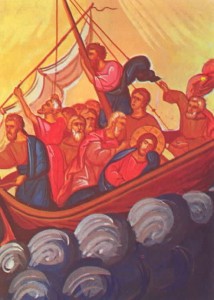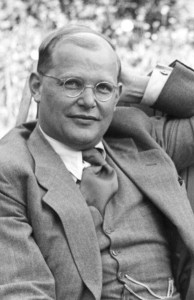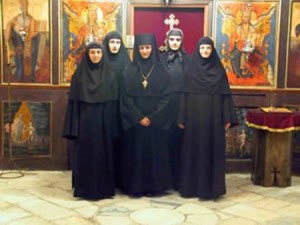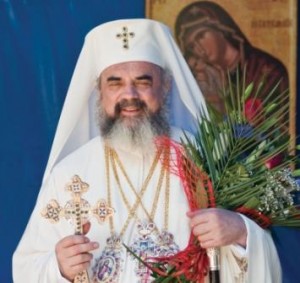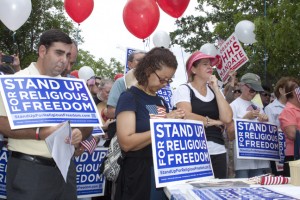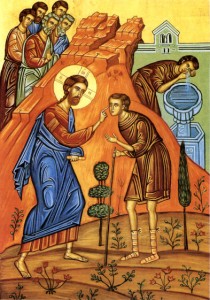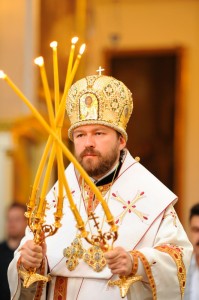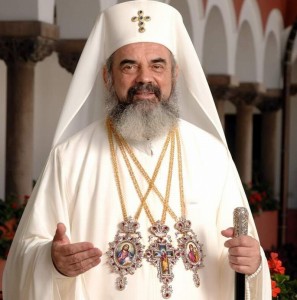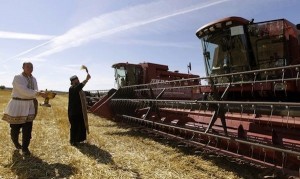
August 6th is the Feast of the Transfiguration of Our Lord and Savior Jesus Christ. This year the feast falls on a Monday and so at the Sunday Liturgy we sang in anticipation of the feast the Troparion of the Pre Feast.
On of the traditions associated with this feast is the Blessing of the First Fruits. In traditional Orthodox countries, August 6th would mark the beginning of the harvest season and the farmers would take a portion of their harvest to Church for a blessing. If this was not possible, the priest would go to the farm and bless the harvest there. We need to remember the dedicated service that farmers, large and small, serve in our community. It does not need to be said but no farms no food. I think we need constantly to remember those who produce our food and raise livestock that give us meat and dairy products that sustain our lives.
This year, most of the US has been hit with a devastating drought. For the last few weeks, we have been adding specific prayers to the Great Litany of the Divine Liturgy for the relief of the drought. All indications show that food prices will increase this fall as the full extent of the drought become known. With all of the advancements, we have made as a society we are still subject to the weather for our food production. We all need to pray that this situation resolves quickly.
There are two prayers for this day, one for the blessing of grapes and one for the blessing for those who provide the first fruits. In the ancient of days, grapes were not available in all places, and so farmers would take what they could to church. In modern times, grapes are available in most places however, the prayer is not so much for the grapes or others harvested items, but for those who produce them.
Both prayers are available in Volume II of the Great Book of Needs
Prayer at the Partaking of Grapes on the Sixth Day of August
Bless, O Lord, this new fruit of the vine, which, through the wholesomeness of the air, and through showers of rain and temperate weather, Thou art well-pleased should attain to ripeness at this time. May our partaking of this birth of the vine be for gladness, and for the offering of a gift unto Thee for the cleansing of sins, through the sacred and holy Body of Thy Christ, with Whom Thou art blessed, together with Thy Most-holy, Good, and Life-giving Spirit, now and ever, and unto the ages of ages. Amen.
Prayer for Them that Offer First-Fruits
O Master, Lord our God, Who commandest everyone to bring as an offering Thine own of Thine own, and grantest unto them in return thine eternal good things; Who didst favorably accept the offering of the widow which according to her ability: Do thou now also accept the things offered by Thy servant, (insert name here), and count them worthy to lay up the same in Thine eternal treasury. And grant unto him (her, them) an abundant harvest of Thy worldly good things, together with all things that are profitable unto him (her, them). For blessed is Thy Name, and glorified in Thy Kingdom: of the Father, and of the Son, and of the Holy Spirit, now and ever, and unto ages of ages. Amen.

